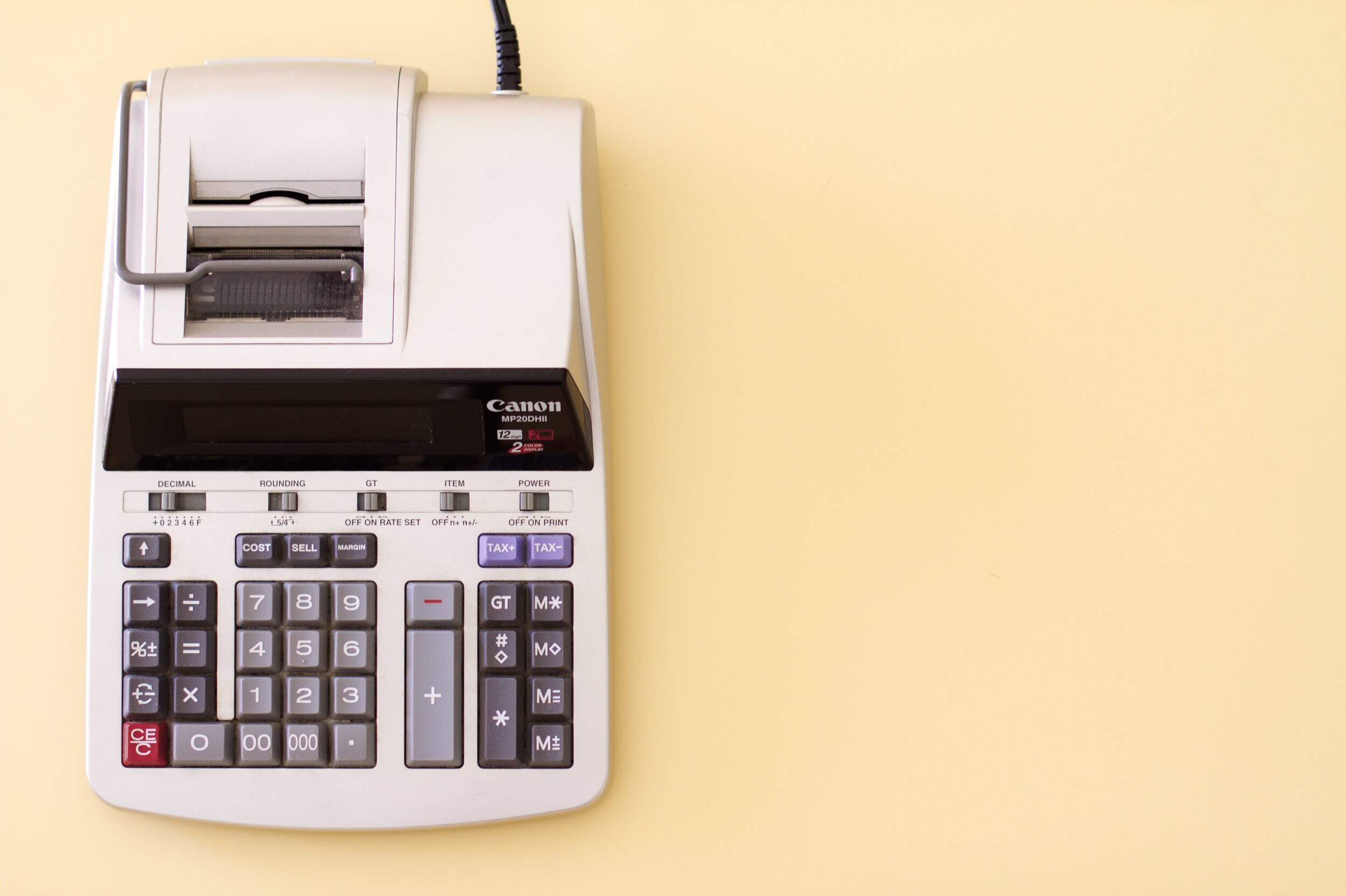2022 Financial Blogs
Our corner of the web is dedicated to money and sharing our knowledge and experiences to help you make better money (and education) decisions. This is the information we wished we had when we were making important decisions.
E X P L O R E
T H E B L O G

Why Most People Fail to Learn Financial Literacy by Kelly Fowler
To be financially literate is to understand the language of money to the extent that you are able to make sound money decisions and effectively use financial products for your benefit. This understanding does not come naturally. It is learned through education and experience. The challenge is many people fail to learn financial literacy because in most cases it is not explicitly taught at home or in schools, and many lose confidence in their ability to learn over time.

Three Things to Do to Repair Your Credit Report by Kelly Fowler
Credit, aka creditworthiness, is your ability to borrow and repay. It refers to the trust that a party has in your ability to pay your bills in a timely manner. Your credit score is one measure by which your financial health is evaluated. Your credit report is your financial history, which your credit score reflects. It is a record of your debts and bill payments. If your credit appears to be damaged, here are three things you can do to repair it.

3 Simple Ways to Improve Your Financial Literacy Skills Daily by Lakeisha Rolle
Learning about how you can improve your money management skills may seem like a daunting task that involves spending lots of money – wrong! It’s more about how you use your time and how serious you are about acknowledging your weaknesses and improving your skills. We will look at three simple ways (and when I say simple, I mean simple) you can improve your financial literacy skills daily without spending a dime!

Financial Literacy 101: How to Start Improving Your Money Management Today by Sterling Bain
Financial literacy is a topic that affects a lot of people differently. The ability to understand financial concepts vary from person to person. This is usually due to levels of exposure to financial information or understanding how to apply said information practically. Moreover, why applying such information is even more important. This is because when we realize why we do things, we understand whether the pursuit at hand is purposeful or meaningless to whatever goal(s) we are trying to achieve in life. We can start our journey into financial literacy by improving our money management skills first. We can do this by creating a budget, tracking our spending, and by defining wants from needs.

Five Pillars of Financial Literacy that You Must Learn by Kelly Fowler
If you want to be financially stable and build lasting wealth, you must become financially literate; this means you must understand and speak the language of money. There are five pillars of financial literacy that you MUST learn. They are budgeting, debt elimination, saving, investing, and how to choose financial products.

Seven Reasons People Stay in Debt by Kelly Fowler
Financial debt is any amount of money borrowed or owed. In a debt arrangement, the borrower is obligated to repay the sum borrowed at a later date, usually at a cost, which is called the interest. Individuals enter into debt for a variety of reasons. However, few repay their debts in a timely manner. As of September 2020, The Bahamas had $2.1 billion in consumer debt outstanding and $123 million of that debt is listed as past due. Why do some people neglect paying off debt? The reasons range from lack of cash flow and know-how, to societal pressure and lack of self-control. This article will explore seven reasons why people stay in debt.


